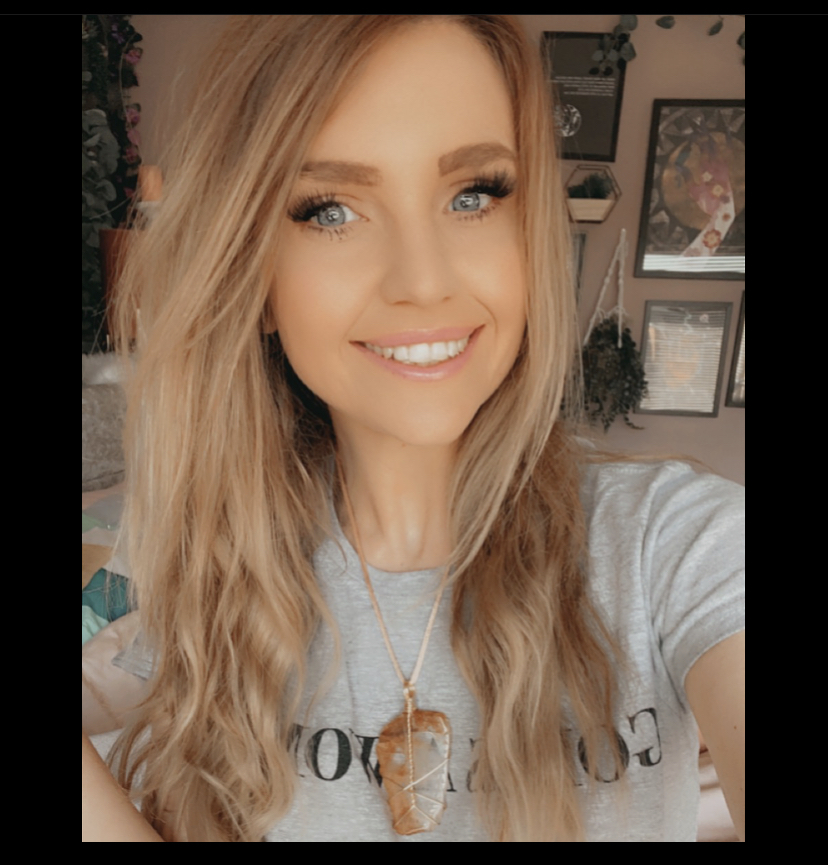I’m going to go ahead and assume you’re already very aware of the Black Lives Matter protests that are spanning right across the UK, and the rest of the world right now. The public outrage over the graphic murder of George Floyd against a backdrop of a global pandemic that has disproportionately killed the BAME community has made people across the world pull tf up and you LOVE to see it.
One thing that has become alarmingly clear in the last few weeks is that it’s simply not enough to just be not racist – we all have to be actively anti-racist and educate ourselves as much as possible on why this fight against police brutality and systemic racism is so important.
So, as well as donating to Black Lives Matter (if you can), signing petitions, (you can find a list of UK one’s here to get you started) – if you want to do better and feel more equipped to have those uncomfortable conversations about the BLM movement with your friends, family and colleagues, I wanted to share some of the resources that have really helped me to understand more about the institutionalised racism that I’ve shamefully overlooked in the past and how I can use my own white privilege to amplify the black voices around me.
Resources that have helped me better understand black history and the civil rights movement in the UK
As Britons, we have the tendency to look across the pond and think the race issues over in the US are, and have always been, different than they are here in the UK. When in reality, that’s just not the case. The harassment that Meghan Markle has received from the British press is just one high profile example of this.
Whilst we’re (briefly) taught about Rosa Parks, the current UK curriculum doesn’t look at any of the defining voices that shaped the civil rights movement in our own country – and that needs to change.
To get you started, Jasmine Botchey has written two brilliant articles: Being Black in Britain: The Civil Rights Movement They Never Taught You In School and a “Who’s Who?” Of the Black Civil Rights Movement in Britain.
She’s also shared a really some really handy keynotes on Instagram about the Bristol Bus Boycott in 1963:
I’d also recommend Googling the following:
- The 1958 Notting Hill Riots
- Paul Stephenson
- Frank Crichlow and the Mangrove Nine
Resources that have helped me better understand white privilege
As Liberal women, we want to change the world for the better. We believe we’re the good guys, so learning about white privilege, unconscious biases and, more specifically, white feminism can be a tough pill to swallow – but it’s important that we do.
The wonderful Rachel Cargle has dissected what toxic white feminism actually looks like in her article: When Feminism Is White Supremacy in Heels which is a great place to start.
In her article, 7 Things Feminists Of Color Want White Feminists To Know, Gina Bontempo discusses the history of racist within feminism and looks at ways we, as women, can make the fight more inclusive for everyone. As she says, “the plight of a middle-class, straight, white, American woman is not the same as that of an uneducated, gay, American woman of color. While the former fights for equal pay and paid maternity leave, the latter is more concerned with stopping race-related police brutality, acquiring better funding for inner-city public schools, and developing more comprehensive treatment programs for HIV.”
Further to this, Sarah Milstein writes in here article, ‘5 Ways White Feminists Can Address Our Own Racism’; “If you feel defensive when talking about race with a woman of color or reading about race in a piece written by a woman of color, assume the other person is saying something especially true. That is: use your defensiveness as a Bat Signal, alerting you to your own biases. Sure, yes, of course, the other person may have said something insensitive or unreasonable. But if you want to change the dynamics of the world (reminder: you’re a feminist, so you do), assume your discomfort is telling you something about you, not about the other person. Then use those moments to listen more carefully.” – which I think is something we can all put into action straight away.
Steph Shep, has also shared some helpful information about Microaggressions on Instagram that I would encourage you all to read and absorb, because there’s every chance you could be using them without fully understanding the impact that they have on people of colour.
How to be a better white ally
Once you’ve read the aforementioned, the first thing you’re probably thinking is how TF you can be the change you want to see in the world and become a better white ally.
Obioma Ugoala, has shared a really helpful video that you can watch below, and I’d also recommend reading 100 Ways White People Can Make Life Less Frustrating For People of Color by Kesiena Boom for Vice.
And finally, having those uncomfortable conversations with our loved ones is so important, but that’s doesn’t mean it’s going to be easy. Over on Instagram, Anna Edwards has shared some helpful advice for talking about currents events, and what to say when people deny the reality of what’s happening:

Jen is our resident wellness and features editor here at The Daily Struggle. You will probably find her on the beach, painting her house or writing about magick and motherhood.